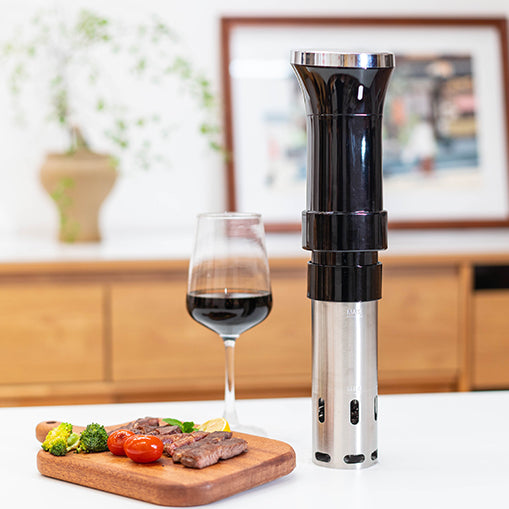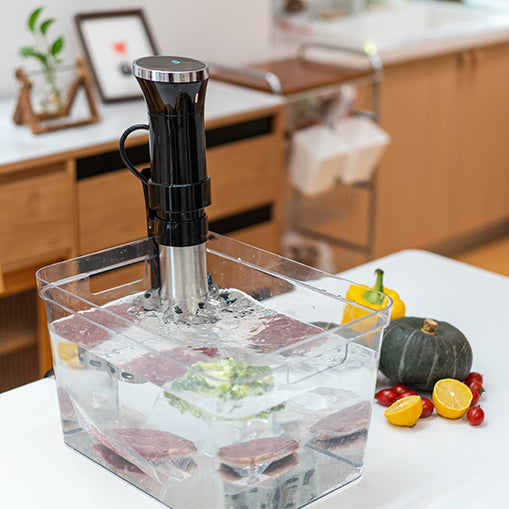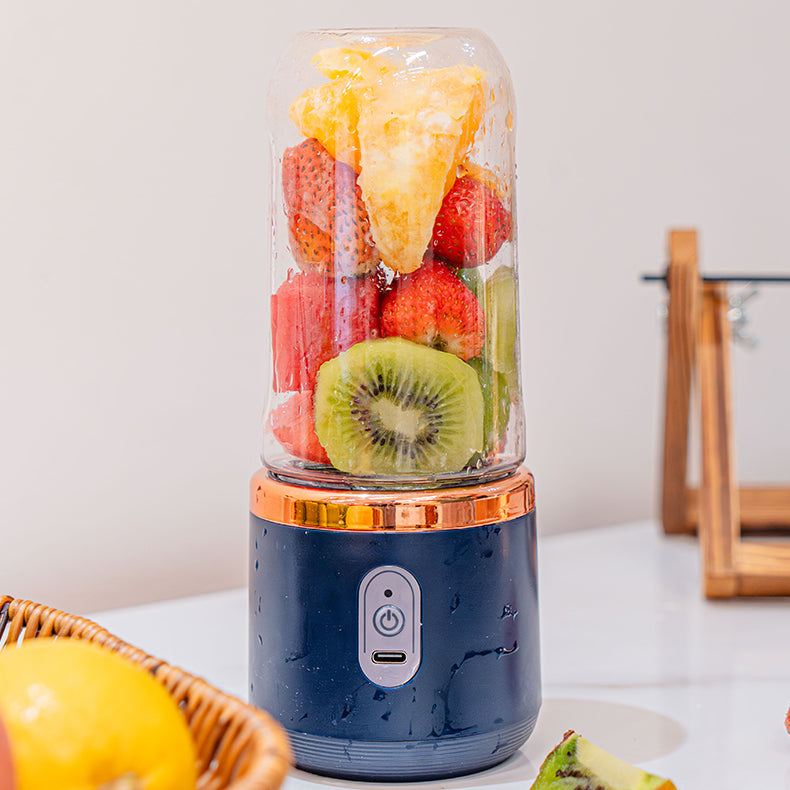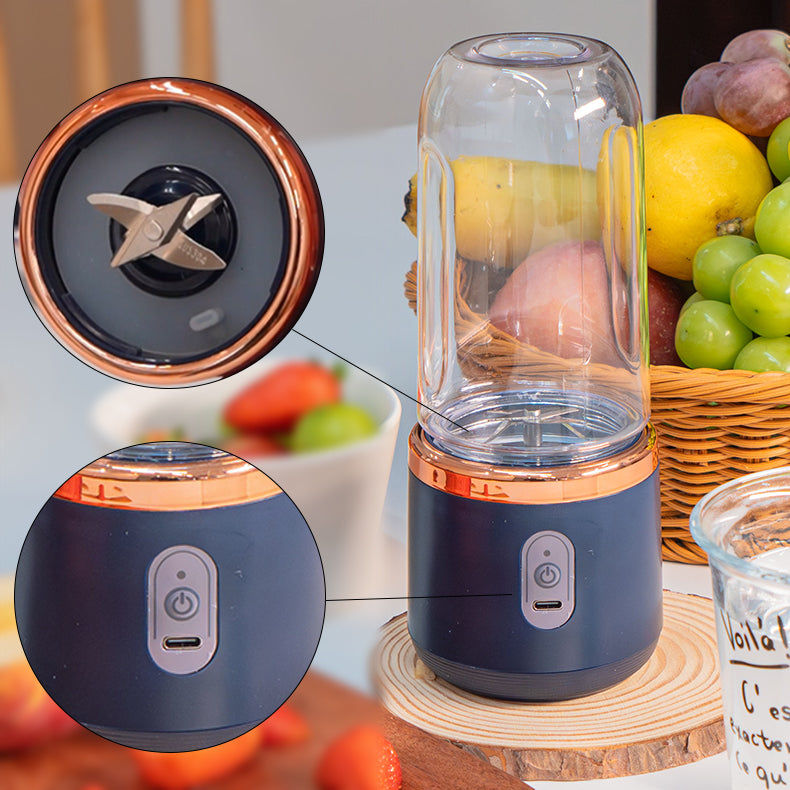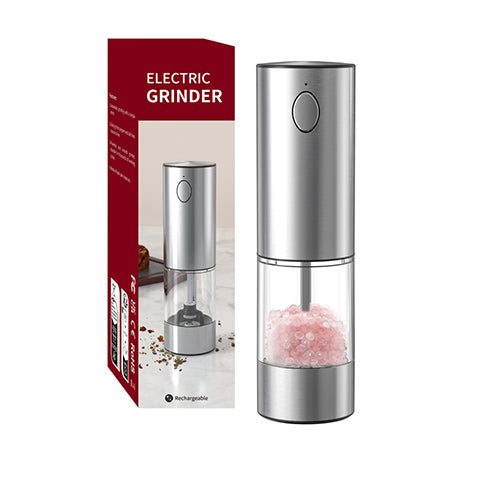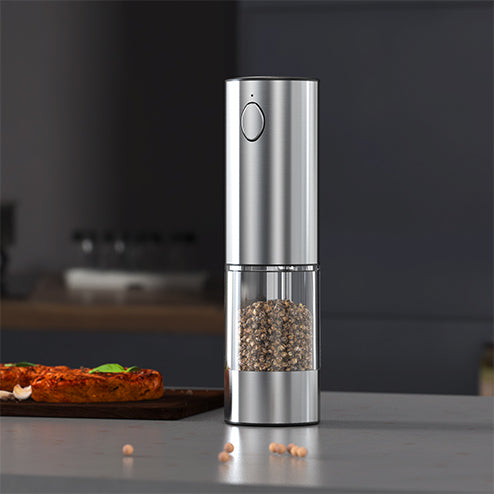As a new mother, you may wonder if it's still safe to savor your morning cup of coffee. The connection between caffeine intake and breastfeeding can be a source of anxiety for many. This article will address your concerns, offering evidence-based advice on how to enjoy coffee responsibly while ensuring the health and comfort of your breastfed child. We'll explore the safety of caffeine, recommended limits, and strategies to minimize any potential impact of drinking coffee when breastfeeding on your baby.

Is It Safe to Drink Coffee While Breastfeeding?
It is generally safe to drink coffee while breastfeeding, but moderation is key. Caffeine does pass into breast milk, but in much smaller amounts than what is consumed by the mother. Typically only about 1% of the caffeine consumed by the mother makes its way to the baby.
This low level is usually not harmful, but sensitivity can vary among infants. Newborns, especially those under 6 months, metabolize caffeine very slowly, so it can accumulate in their systems. This can potentially lead to irritability, fussiness, and sleep disturbances in the baby. If you notice these symptoms, it might help to reduce caffeine intake or adjust the timing of consumption.
For the mother, moderate caffeine intake can provide the usual benefits of coffee consumption, such as increased alertness and concentration. It's important, however, to monitor personal tolerance as sleep patterns and overall fatigue can be different postpartum. Excessive caffeine consumption can interfere with sleep and increase anxiety or nervousness, which isn't ideal when managing the demands of a new baby.
How Much Caffeine Can You Safely Consume?

How much coffee can you drink while breastfeeding? Official sources provide guidance on the amount of caffeine that is considered safe for breastfeeding mothers. The American Academy of Pediatrics (AAP) recommends that breastfeeding mothers limit their caffeine intake to about 300 milligrams per day, which is roughly equivalent to two to three 8-ounce cups of coffee. Similarly, La Leche League International suggests that up to 300 milligrams of caffeine daily is generally safe for nursing mothers.
The European Food Safety Authority (EFSA), however, is slightly more conservative, advising that pregnant and breastfeeding women limit their caffeine consumption to 200 milligrams per day. These recommendations reflect a consensus that while caffeine does pass into breast milk, keeping intake to these levels typically results in minimal exposure for the infant and is unlikely to cause significant effects on their behavior or sleep patterns.
Timing Your Coffee Intake to Minimize Impact
Choosing the best time to drink coffee when breastfeeding can be an effective strategy for mothers to minimize the impact on their infants. Here’s how to optimize the timing:
1. Post-feeding Consumption: It's advisable for mothers to consume coffee immediately after breastfeeding. This practice uses the natural gap between feedings to allow the caffeine levels in the mother's bloodstream (and consequently in the breast milk) to decrease before the next feeding.
2. Avoid Late-Day Consumption: To avoid affecting the baby's sleep patterns, mothers should try to avoid consuming caffeine late in the day. Since caffeine can stay in one's system for up to 5-6 hours, drinking coffee in the morning or early afternoon is preferable.
3. Observe Baby's Response: Monitoring the baby’s behavior can provide cues for adjusting coffee consumption times. If the baby shows signs of irritability or disrupted sleep following periods of breastfeeding, it may help to further limit caffeine intake or adjust the timing of consumption.
What Are Other Sources of Caffeine?

Breastfeeding mothers should be aware of several sources of caffeine beyond just coffee. Here are some common ones:
1. Tea: Black, green, and white teas all contain caffeine, generally ranging from 15 to 70 milligrams per cup. Herbal teas are typically caffeine-free, except for those containing yerba mate or guarana.
2. Soft Drinks: Many carbonated beverages, particularly colas and energy drinks, contain caffeine. Amounts can vary, with some sodas containing as much as 40 milligrams per 12-ounce serving.
3. Chocolate and Chocolate Products: The caffeine content in chocolate varies depending on the type. Dark chocolate has more caffeine than milk chocolate. A typical bar of dark chocolate can contain up to 25 milligrams of caffeine.
4. Energy Drinks: These can contain significantly higher amounts of caffeine, sometimes as much as 250 milligrams per serving. They may also contain other stimulants, increasing their overall effect.
5. Medications: Some over-the-counter pain relievers, cold medicines, and weight-loss pills contain caffeine as an active ingredient for its stimulant properties.
6. Supplements and Sports Nutrition Products: Caffeine is often added to weight loss supplements and pre-workout formulas, and the amounts can be substantial.
Breastfeeding mothers should read labels carefully and consider all sources of caffeine in their diet to stay within the recommended limits for caffeine intake.
Conclusion
Breastfeeding and enjoying your cherished cup of coffee can certainly coexist. By staying informed about how much coffee you can drink while breastfeeding and planning your coffee times around your breastfeeding schedule, you can satisfy your coffee craving without compromising your baby’s well-being. Always be observant of how your baby reacts to your caffeine consumption and adjust accordingly. With mindful practices, you can enjoy the best of both worlds.

